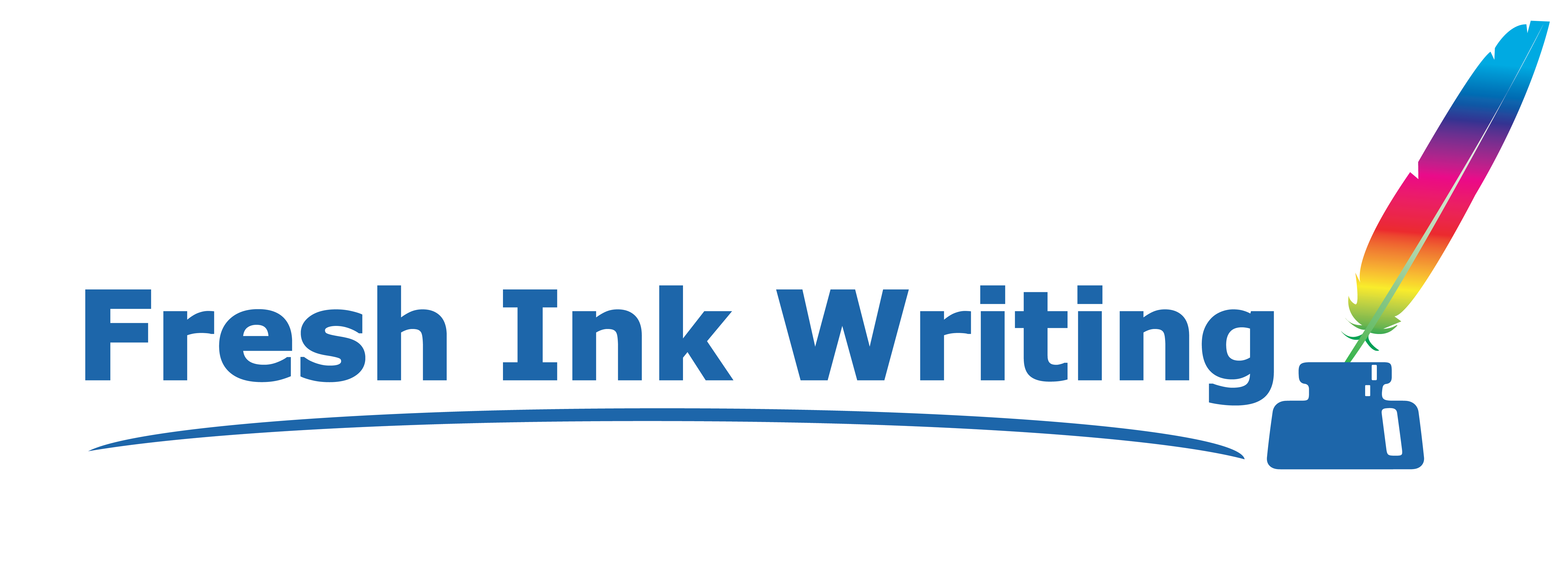
This is not about how to make a political speech. It is a guide for listening to one.
Step One: Listen. American philosopher Henry David Thoreau once said, “It takes two to speak the truth—one to speak and another to hear.”
Step Two: Think. Hearing without thinking makes one a leaf blown by the wind.
Step Three: Do not believe only what you agree with. “The truth does not change according to our ability to stomach it,” warns author Flannery O’Connor. Beware confirmation bias. If everybody you know agrees with you, you missed something.
Step Four: Do not root for your favorite debater. That deafens you to everything and everybody else. This is dangerous—unless you already know everything there is to know. In that case stop reading now and save yourself some trouble. Ignorance is bliss.
Step Five: Open your mind to the people you don’t like and don’t agree with. A difference of opinion is not an IQ test that people fail by disagreeing with you—and your favorite politician.
Step Six: Learn more than you knew when the speech/debate started. If you end up with nothing new in your mind you will find yourself no wiser.
***
Now listen to your favorite politicians and the news sources you like best with this User’s Guide in hand. Give it a good workout and it will do the same for your mind.
Here is the key. Politicians and political candidates who disagree with each other have worked hard and deliberated long over their positions. They are neither lazy nor are they stupid people.
As a result, it is unlikely that any candidate will be entirely wrong—or entirely right.
So, remember that whoever is in office must serve the voters who they disagree with as faithfully as the ones they agree with. The voters on the losing side deserve fair representation.
A political debate, therefore, helps you understand all points of view. You can understand without agreeing, but you can’t disagree unless you understand. That’s how to find the middle ground that does not abandon people with a different point of view. That’s how democracy works.
A debate well run and carefully listened to is the antidote to the hyper-polarization of our current political climate. The few-but-vocal-minority who insist on having every decision come down on their side have no useful function in a well-ordered democracy.
A political debate in a democracy is not a sporting event where the words winner and loser have different meanings.
In politics done right, winners and losers are all citizens on the same team, not opponents where “winner takes all.” In a well-run democracy, “winner serves all.”
One warning has to be added to this User’s Guide.
Opinions expressed with name-calling and insults, sarcasm, and ridicule, are a sign that the speaker is unprepared and insecure with nothing real to offer. This User’s Guide defines those tactics as a debate malfunction. The wise listener will disqualify matters delivered in such terms—they do not qualify as opinions, only as attitudes.
The late Barbara Jordan, a Texas lawyer, educator, politician, and civil rights leader once said, “It is reason, and not passion, which must guide our deliberations, guide our debate, and guide our decision.”
So, please participate in our democracy as a skilled, careful listener without whom no one can really tell the truth.
Unless you already know it all, that is.



Leave a Reply